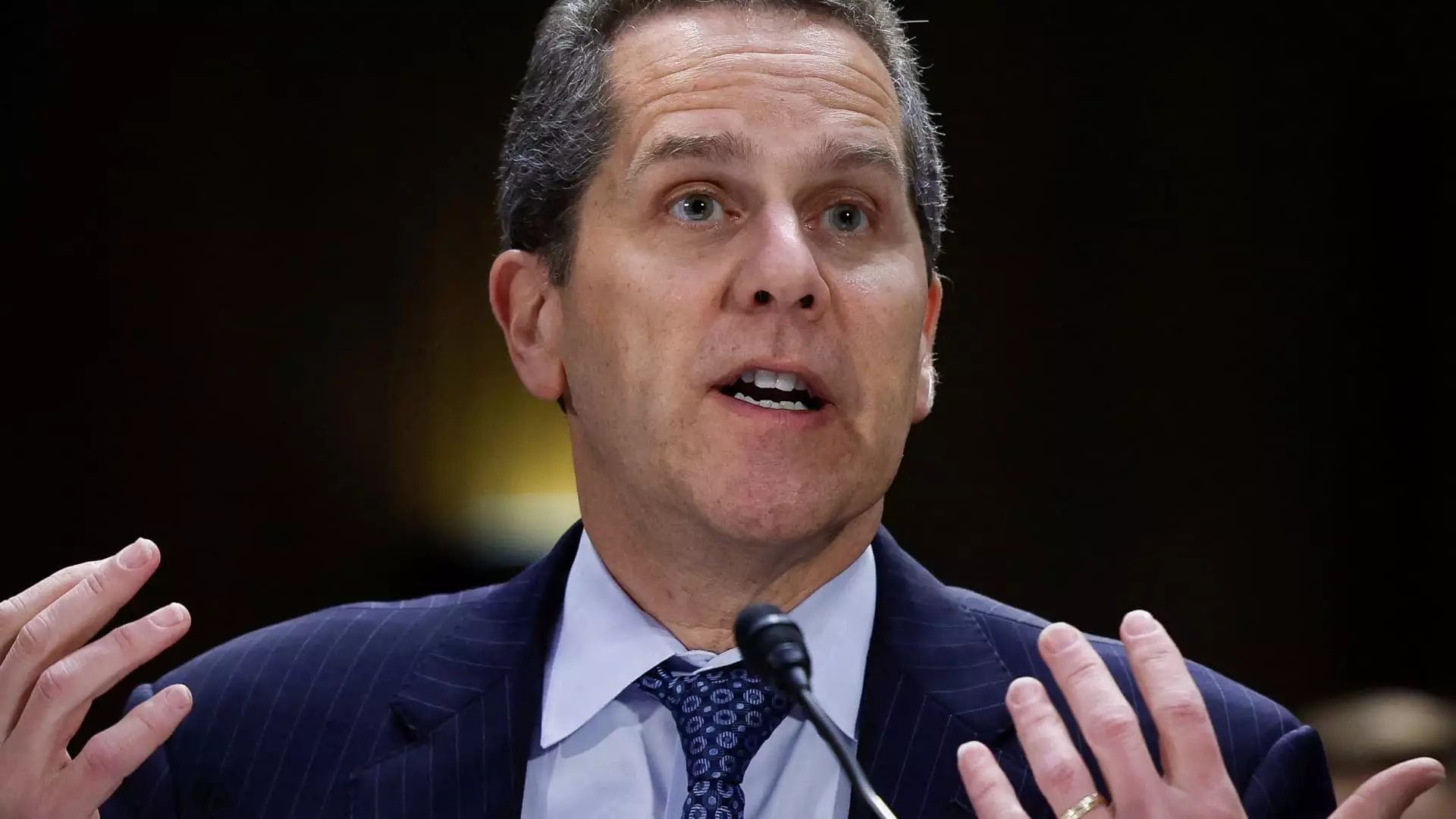Recently, a top Federal Reserve official revealed adjustments to a proposed set of banking regulations in the United States. The original regulatory overhaul, known as the Basel Endgame, was introduced in July 2023 with the aim of increasing capital requirements for the largest banks by approximately 19%. However, following feedback from various stakeholders, including banks, business groups, and lawmakers, the Federal Reserve, the Office of the Comptroller of the Currency, and the Federal Deposit Insurance Corp. have decided to revise the proposal. The updated plan now includes a more modest 9% increase in capital for big banks.
According to Fed Vice Chair for Supervision Michael Barr, the decision to reduce the additional capital requirements for large institutions was driven by a thorough evaluation of the potential impact of the original proposal. Barr emphasized the need to strike a balance between enhancing financial stability and avoiding unintended consequences such as increased costs of borrowing or restricted access to credit. The revised regulations aim to address the concerns raised by industry experts and ensure that the benefits of higher capital reserves outweigh the associated costs.
The initial proposal aimed to strengthen the safety and oversight of risky banking activities in response to the 2008 global financial crisis. However, critics, including industry executives like JPMorgan Chase CEO Jamie Dimon, expressed apprehensions about the potential negative effects of heightened capital requirements. The revised regulations offer some relief to large banks while also extending certain exemptions to regional banks with assets between $100 billion and $250 billion. These midsized institutions will now be required to factor in unrealized gains and losses on securities in their regulatory capital, which is expected to increase capital requirements by 3% to 4% over time.
The evolving landscape of U.S. banking regulations underscores the delicate balance between regulatory oversight and the need for banks to remain competitive and resilient. As policymakers continue to refine capital requirements and risk management frameworks, it is essential for financial institutions to adapt to the changing regulatory environment while maintaining their core business activities. The revisions to the Basel Endgame proposal highlight the importance of constructive dialogue between regulators, industry stakeholders, and policymakers to ensure a robust financial system that fosters growth and stability.

Leave a Reply